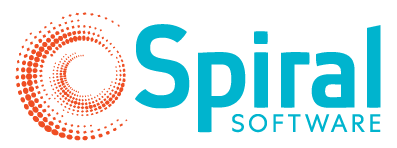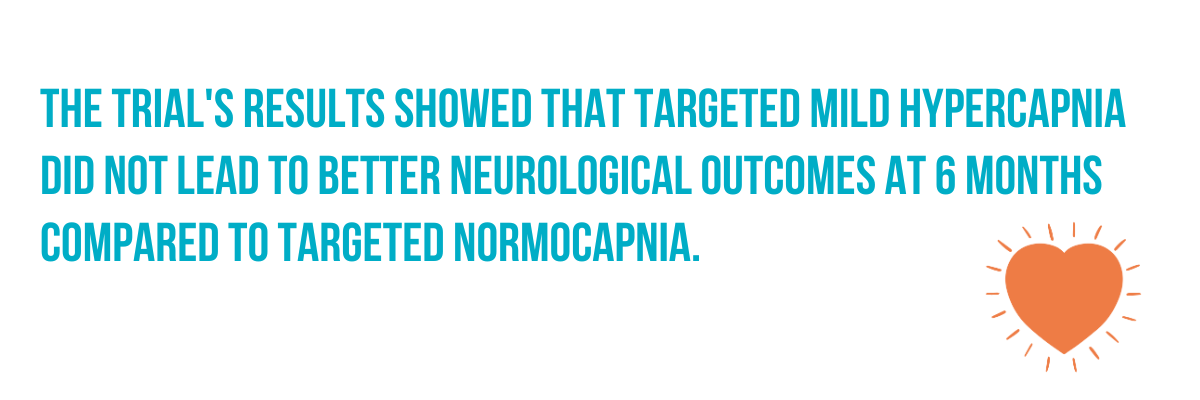THE LONG AWAITED TAME TRIAL RESULTS ARE IN!
They may have been five years in the making but the highly anticipated results for the TAME Trial arrived with a bang at this year’s Critical Care Review’s Meeting in Belfast.
Principal Investigator Glenn Eastwood and Ireland TAME Study Lead Alistair Nichol, took to the stage to announce that a strategy targeting mild hypercapnia for 24 hours did not improve neurologic outcomes at 6 months compared with targeted normocapnia.
Spiral has been on board with the TAME trial for over five years now and as one of the original trials in Spiral’s manifest we have been keenly awaiting these outcomes.
~
The TAME trial, a phase III clinical trial, aimed to investigate whether targeted therapeutic mild hypercapnia (TTMH) could improve neurological outcomes at 6 months for resuscitated cardiac arrest patients in comparison to standard care (targeted normocapnia). This study holds significant importance in exploring potential advancements in post-cardiac arrest treatment strategies.
The trial aimed to enrol patients who experienced out-of-hospital cardiac arrest. Participants were randomly assigned to two groups: one receiving targeted temperature management with mild hypercapnia (aiming for partial pressure of arterial carbon dioxide [Paco2] between 50 and 55 mm Hg) and the other receiving normocapnia (Paco2 between 35 and 45 mm Hg). The primary outcome measure was a favourable neurologic outcome, assessed at 6 months using the Glasgow Outcome Scale–Extended. Secondary outcomes included mortality within 6 months.
A total of 1700 patients from 63 intensive care units across 17 countries were recruited for the trial. Among them, 847 patients were assigned to targeted mild hypercapnia, while 853 received targeted normocapnia.
The study revealed that the occurrence of a favourable neurologic outcome at 6 months was observed in 332 out of 764 patients (43.5%) in the mild hypercapnia group and in 350 out of 784 patients (44.6%) in the normocapnia group.
Statistical analysis indicated no significant difference between the two groups in terms of neurological outcomes (relative risk, 0.98; 95% confidence interval [CI], 0.87 to 1.11; P=0.76). Moreover, the incidence of adverse events did not significantly differ between the two groups.
Spiral’s savvy software played an essential role in the TAME trial and its conjoined study, TTM2. The trials shared many characteristics and collected similar data points. Our software provided a solution that aided in the efficient management and analysis of the data collected during these studies. This contributed to the smooth execution and analysis of the trial results, ultimately advancing our understanding of post-cardiac arrest treatment strategies.
The TAME trial investigated the potential benefits of targeted therapeutic mild hypercapnia compared to targeted normocapnia for resuscitated cardiac arrest patients. However, the study's findings indicated that there was no significant difference in neurological outcomes at 6 months between the two groups.
While this outcome may be discouraging for those hoping for a breakthrough in post-cardiac arrest treatment, it provides valuable insights for future research and emphasizes the need for continued exploration of alternative strategies. The TAME trial, along with the support of Spiral software's adaptive platform software, has contributed to the accumulation of knowledge in this critical area of medical research, paving the way for future advancements in cardiac arrest management.





